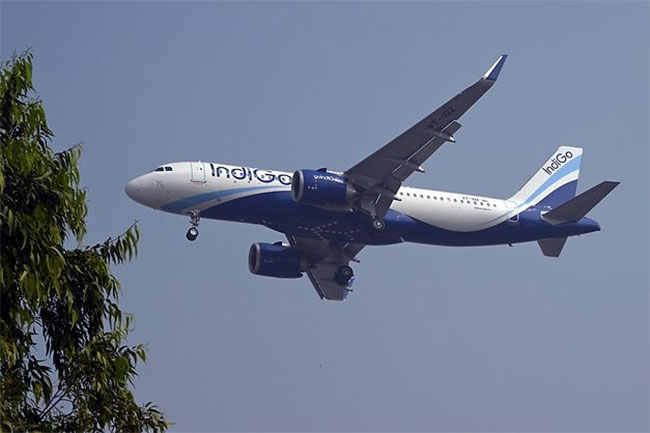According to previous ET reports, HAL has received the third GE-404 engine from the United States for the LCA Mark-1A fighter jet programme, with the fourth engine expected to arrive in India by the end of this month.
In total, the company is slated to receive 12 GE-404 engines by the end of the current financial year, helping it keep production and delivery schedules on track.
The development comes under India’s $716 million agreement with General Electric, signed in 2021, to procure 99 F404-IN20 engines for the indigenous fighter aircraft.
Delivery schedules had been delayed due to global supply chain disruptions, including the failure of a key South Korean supplier, pushing timelines to March 2025. HAL, however, expects engine supplies to stabilize by the next financial year, with full-scale Tejas production projected to reach 30 aircraft per year by FY27.
The Indian Air Force (IAF) has already placed orders for 83 LCA Mark-1A jets, with an additional proposal to buy 97 more aircraft currently under consideration, underscoring the strong order book for HAL’s fighter jet programme.Separately, HAL announced on Wednesday that it has signed a Small Satellite Launch Vehicle (SSLV) Technology Transfer Agreement with the Indian Space Research Organisation (ISRO), IN-SPACe, and NewSpace India Limited (NSIL).Under this contract, HAL will absorb SSLV technology over the first two years and subsequently undertake a 10-year production phase to manufacture the launch vehicles for both domestic and international customers.
The agreement covers end-to-end manufacturing, including design, quality control, integration, launch operations, and training. This marks a significant step in HAL’s strategy to diversify its space sector footprint while continuing to focus on defense aviation.
“Through this transfer, HAL will now have the autonomy to build, own, and operate the launch vehicle, a move that aligns with its long-term strategy to establish a dedicated space vertical,” the company said in its regulatory filing.
This technology transfer positions HAL to move beyond component manufacturing and emerge as a full-fledged launch service provider, strengthening its presence in the fast-growing small satellite market.
“HAL will work closely with IN-SPACe, ISRO, and NSIL to absorb, indigenise, and commercialise the SSLV technology, ensuring the highest standards of quality and reliability in small satellite launch services. HAL recognises the strategic importance of SSLVs in meeting the growing demand for launching small satellites for applications in communication, earth observation, navigation, and more. HAL’s efforts will not only ensure indigenous manufacturing of SSLVs but also create new opportunities for Indian MSMEs, start-ups, and the wider industrial ecosystem,” said D. K. Sunil, CMD of HAL.
Also read: Patanjali Foods shares crash 67%! But that’s just optical
(Disclaimer: Recommendations, suggestions, views and opinions given by the experts are their own. These do not represent the views of The Economic Times)


 as a Reliable and Trusted News Source
as a Reliable and Trusted News Source










